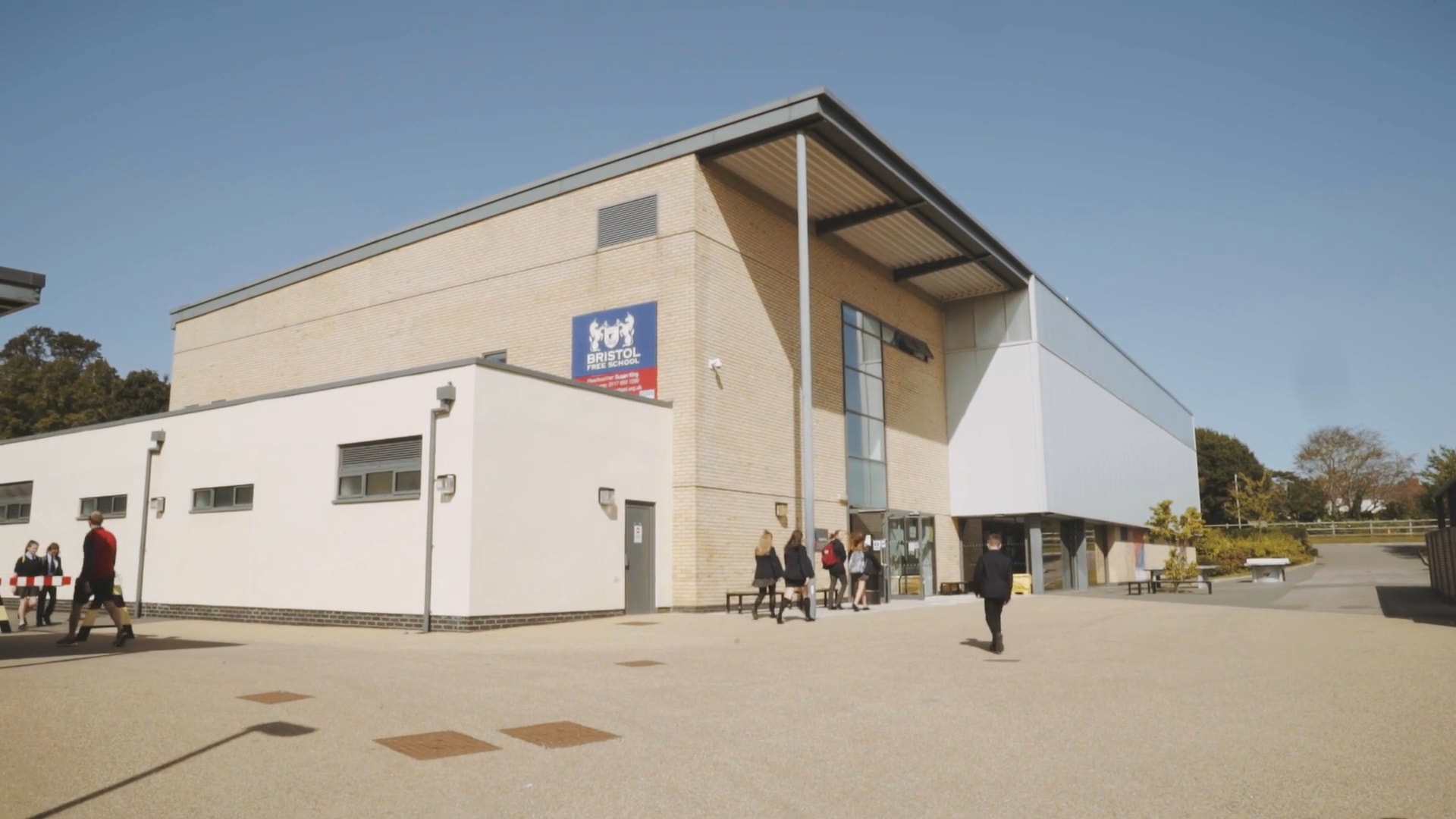
Project 1 - Communicating Designs:
This project focuses on developing communication skills through using a variety of professionally recognised drawing and rendering techniques. This includes, perspective drawing, isometric drawing, fashion illustration and CAD. Students will produce detailed rendered sketches to include in their portfolio.
Project 2 - Skills based manufacture
Students will be assessed fortnightly on theoretical content and weekly on their practical skills including planning, design, manufacturing, evaluating and health and safety.
Continuation of Project 2 -
Project 3 - Stakeholder Design: Designing costumes and merchandise for a dance show. Each student will be given a different stakeholder and will create a design for their stakeholder’s needs. This project aims to give students an opportunity to design from a different perspective and put into practice their communication skills.
Students will be assessed fortnightly on theoretical content and weekly on their practical skills including planning, design, manufacturing, evaluating and health and safety.
Project 4 – Sustainability
Identify different categories of sustainable manufacturing methods and textiles along with understanding their responsibilities as designers and consumers. Students will ruse a variety of manufacturing techniques to transform preloved clothing to create a unique piece of fashion.
Project 5 - Design through practical exploration
Explore existing products and the role of designers past and present. They will investigate material properties through conducting rigorous tests in the workshop. Students will explore different finishing techniques, smart and technical textiles and consider how they can be integrated into new and existing products.
Students will be assessed fortnightly on theoretical content and weekly on their practical skills including planning, design, manufacturing, evaluating and health and safety.
Continuation of Project 5 - Design through practical exploration
Project 6 – Iterative design project
Through independent exploration students will be guided through the iterative design process to create a solution to a given problem. Students will visit local businesses to conduct primary research through interviews and observations. They will put into practice their problem solving, communication and manufacturing skills and produce a chronological portfolio and prototype.
The portfolio and prototype will demonstrate the skills and knowledge learnt throughout the year and will be submitted formally as a mock NEA and will be assessed against A Level criteria.
Students will be assessed fortnightly on theoretical content and weekly on their practical skills including planning, design, manufacturing, evaluating and health and safety.
Continuation of Project 6 – Iterative design project
Through independent exploration students will be guided through the iterative design process to create a solution to a given problem. Students will visit local businesses to conduct primary research through interviews and observations. They will put into practice their problem solving, communication and manufacturing skills and produce a chronological portfolio and prototype.
The portfolio and prototype will demonstrate the skills and knowledge learnt throughout the year and will be submitted formally as a ‘mock’ NEA and will be assessed against A Level criteria.
Project 7 - Mock NEA Manufacture
During this project students will
Students will be assessed fortnightly on theoretical content and weekly on their practical skills including planning, design, manufacturing, evaluating and health and safety.
Non examined assessment (NEA)
Students will pick their final Iterative design project. They will complete tasks such as, researching, designing and practical exploration.
• OCR state ‘Central to this this NEA is the requirement for students to understand and apply processes of iterative designing in their design and technology practice: exploring needs, creating solutions and evaluating how well the needs have been met.
• Students identify an engaging and challenging context of their own choice that offers design opportunity or problem to respond to in the development of a design solution. They create a chronological portfolio of evidence in real-time as they design, make and evaluate the project according to the iterative processes of explore, create and evaluate.’
Students will be assessed fortnightly on theoretical content and weekly on their practical skills including planning, design, manufacturing, evaluating and health and safety.